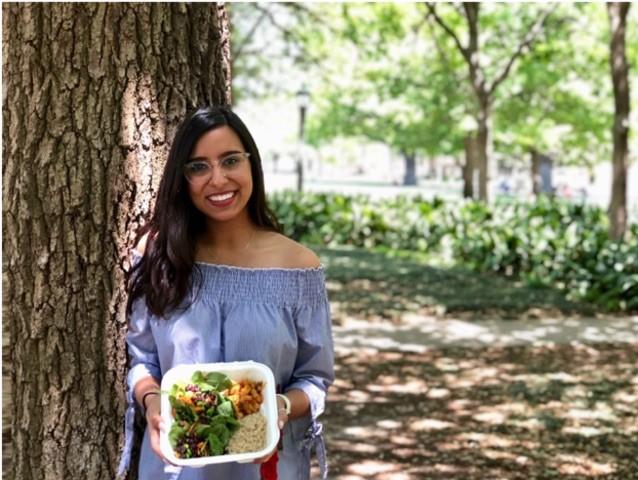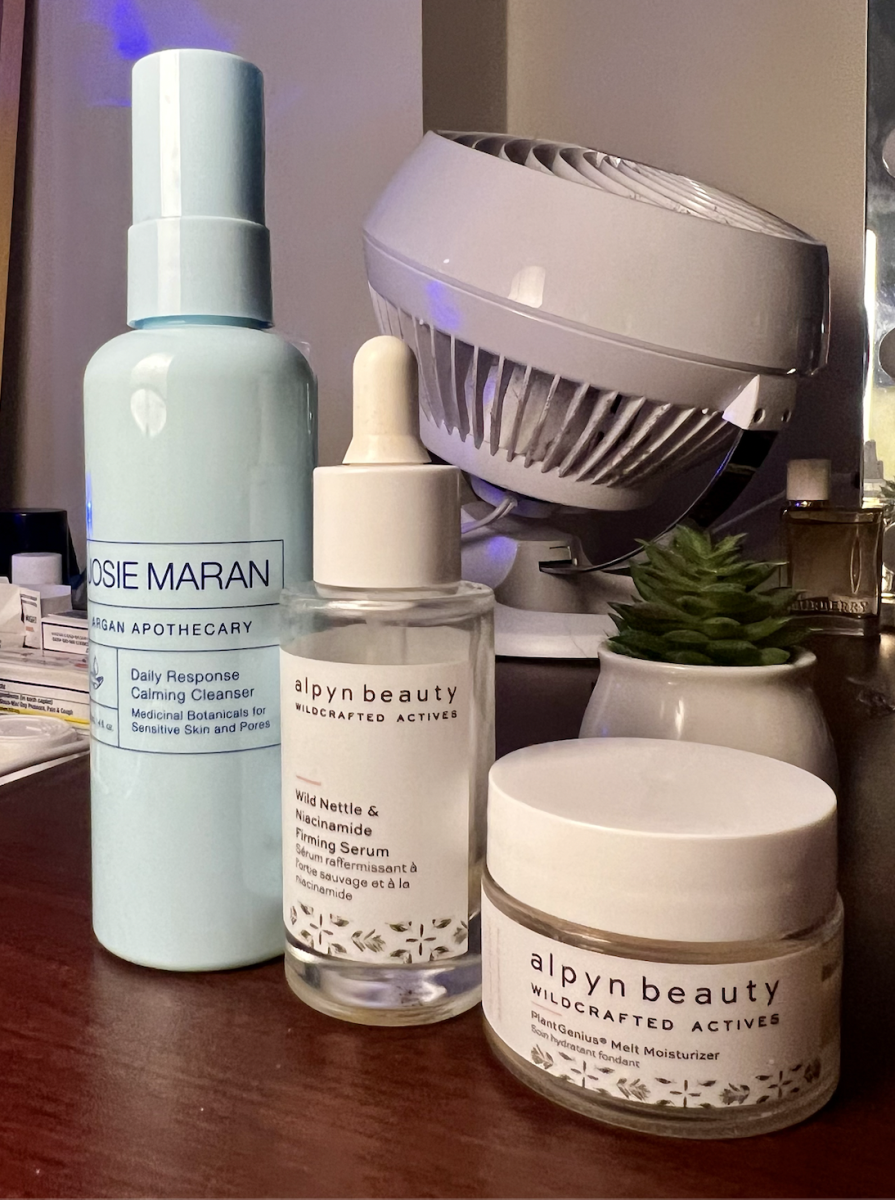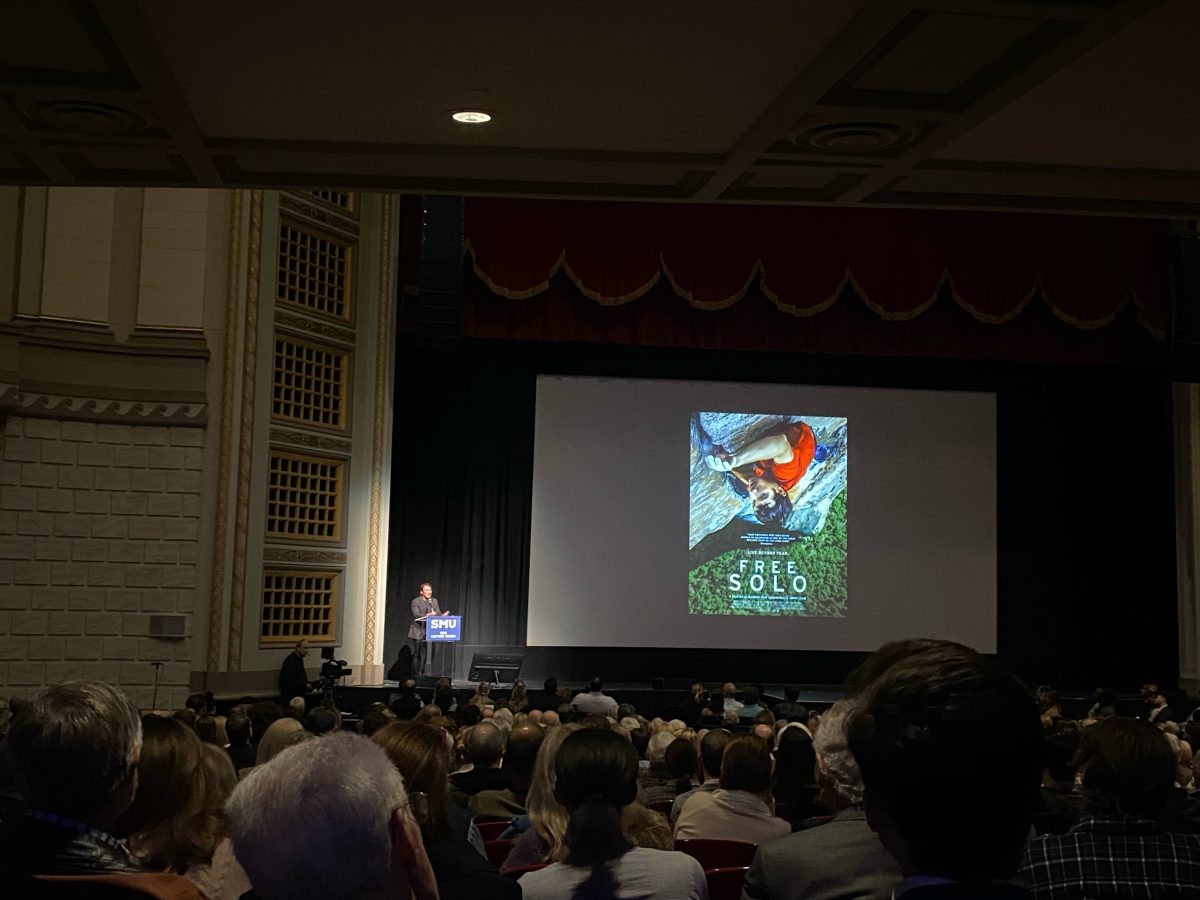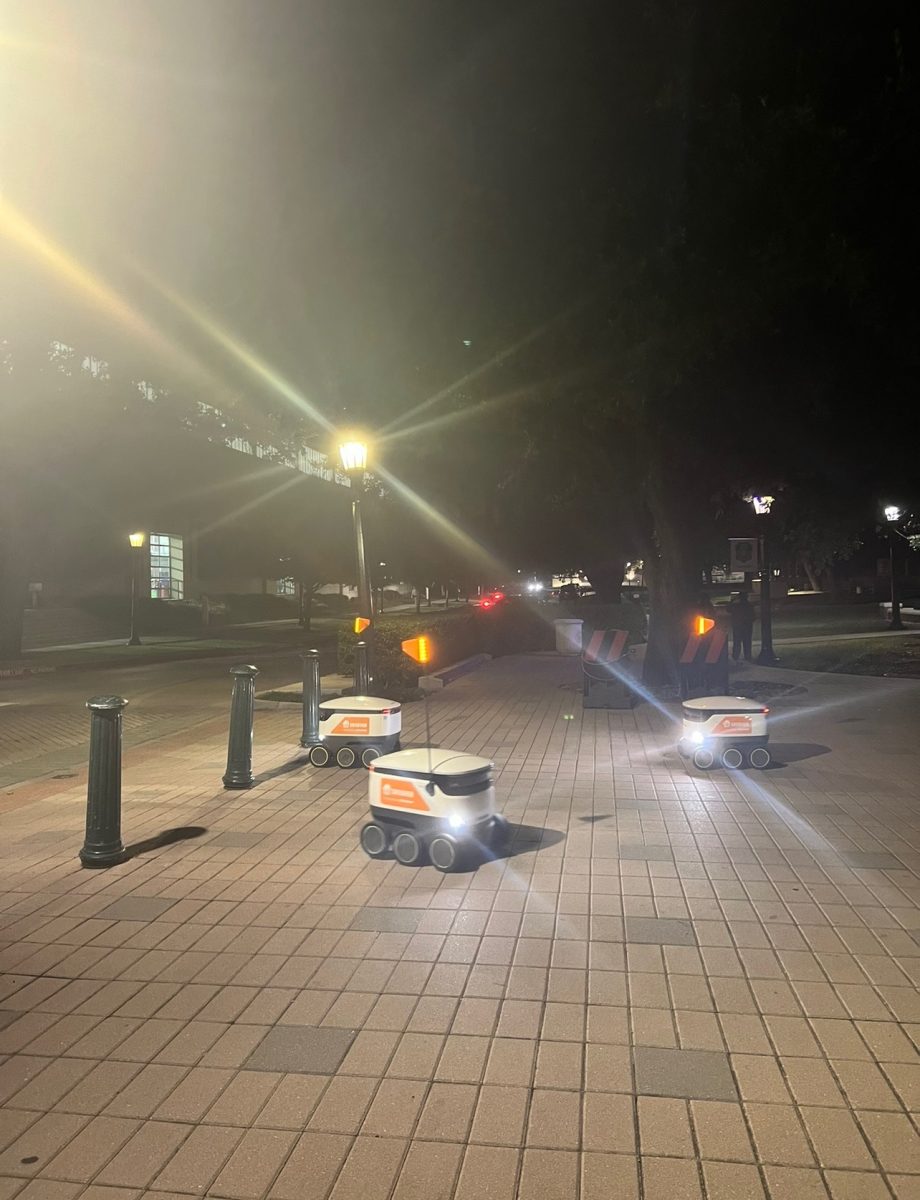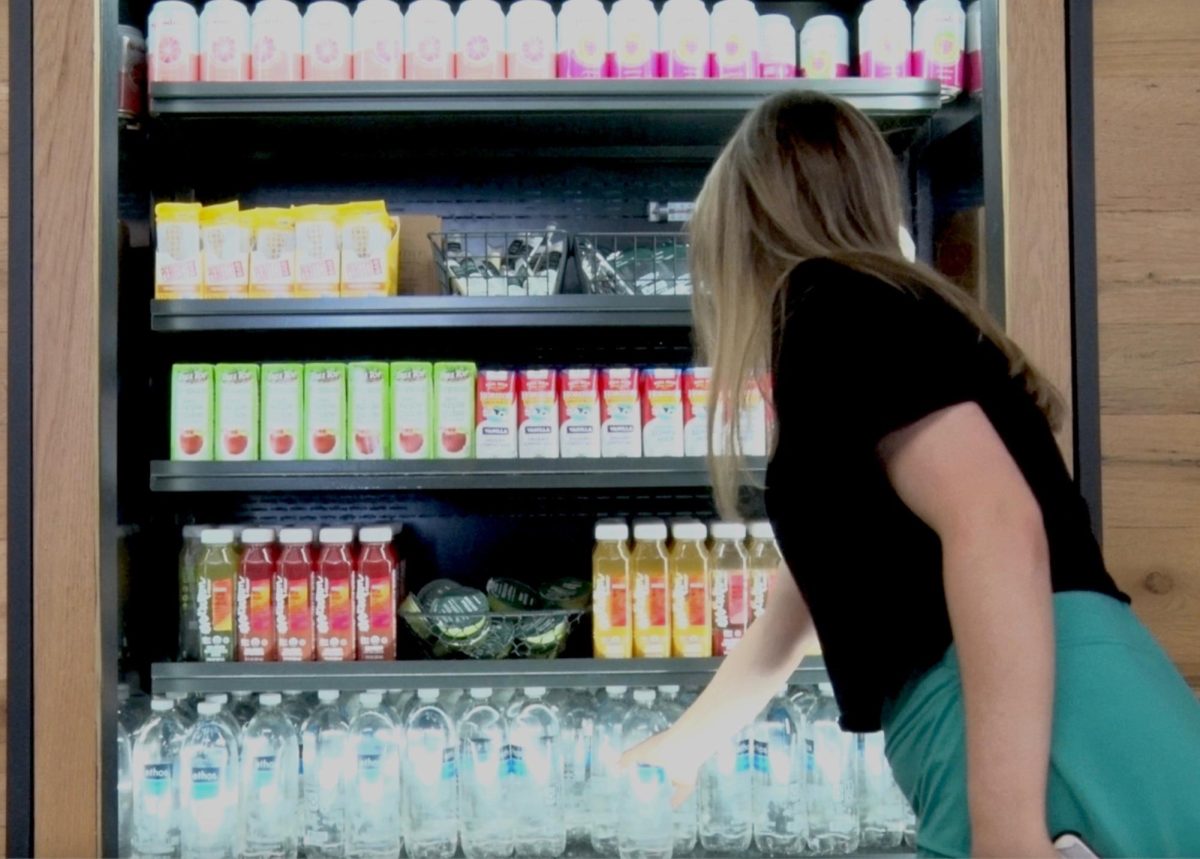SMU junior Neha Husein naturally wakes up with more energy than the rest of us.
Grabbing a packet of protein powder, strawberries, mangoes, pineapples, and kale, she blends this super-combo up into a delicious smoothie and begins packing a series of mini-meals to last her for the day.
- Pita chips.
- Hummus.
- Beans.
- Tofu.
- Rice.
You name it; she eats it.
Well, under one condition…
That the food item doesn’t contain any trace of animal products.
Husein is a practicing vegan and has the health and bank account to match.
“On a day-to-day basis, I could get all the food and nutrients I need for under $10,” Husein said.
Although some may think of it as a fickle trend, veganism is a lifestyle. Not only does a plant-based diet come with a multitude of health benefits, such as low blood pressure, better blood sugar and lower rates of cancer, but it is also a more affordable diet than one with meat and dairy.
“There are a lot of non-meat protein sources out there such as leafy greens, tofu, soy-based products, and nuts,” SMU staff nurse practitioner, Kathryn Harvey, said.
Harvey sees the health benefits and the disadvantages of a vegan diet depending on the individual.
Husein is one of those benefited individuals.
She also agrees with Harvey. In fact, she said often times, there is more protein in plant-based sources than meat, red meat in particular, and too emphasized the importance of beans as a protein supplement in a vegan diet.
Transitioning from a vegetarian diet to a vegan diet, Husein made the life change because she believes in environmental rights, animal rights, and values her overall health and well-being.
“My energy increase has definitely been a positive result of being a vegan,” Husein said. “I was able to physically feel how much more energy I had, and I lasted the whole day without feeling tired or sluggish.” – Neha Husein
According to the American Dietetic Association, “appropriately planned vegetarian diets, including total vegetarian or vegan diets, are healthful, nutritionally adequate, and may provide health benefits in the prevention and treatment of certain diseases.”
Tofu scramble is SMU sophomore Malley Morales’ go-to vegan meal. The recipe includes:
- Soy Chorizo.
- Non-dairy cheese.
- Tofu.
- Salsa.
- Corn Tortillas.
At the age of 8, Morales became a vegetarian because she didn’t like the idea of eating animals.
Now, at 20, a practicing vegan of two years, Morales considers much more –low income families, the psychological impact on those who work at or live near slaughterhouses, and even the water consumption of the poultry industry.
“The first thing I noticed when I stopped eating dairy was that my digestive system became so much more consistent,” Morales said.
Morales, a singer, also noticed an improvement in her vocal chords. She explained that her vocal chords were often clogged due to an increase in mucus, based on her dairy intake, while practicing a vegetarian diet.
She, like Husein, also commented on a substantial increase in energy levels and the belief in the importance of animal rights and equality.
You thought health benefits were the only gain of a vegan diet? Think again.
According to a recipe cost comparison generated by UC Davis, raw plant-based ingredients from the grocery store cost three times less than meat and dairy products.
“I actually find that I save so much more being vegan,” Morales said. “For however much animal protein, you can get so much more plant-based protein for the same price.”
Harvey, careful to note that there are still sources of expensive vegan products, listed several ingredients that are cost efficient.
“A vegan diet can be pretty reasonable.” Harvey said. “I mean things like rice and beans, you know, a complete protein meal with a low cost.”
Harvey not only saves more, but is able to make more meals with her ingredients as well.
Husein said, “When you’re finding foods that really sustain a lifestyle and not just like a fancy meal, then it’s very easy to be vegan on a budget.”
With her comprehensive outlook, Morales believes that she, and others, can always do more.
“In realizing that veganism is so intersectional, you can’t always be a completely ethical consumer,” Morales said, “but veganism is really the closest you can do.”



